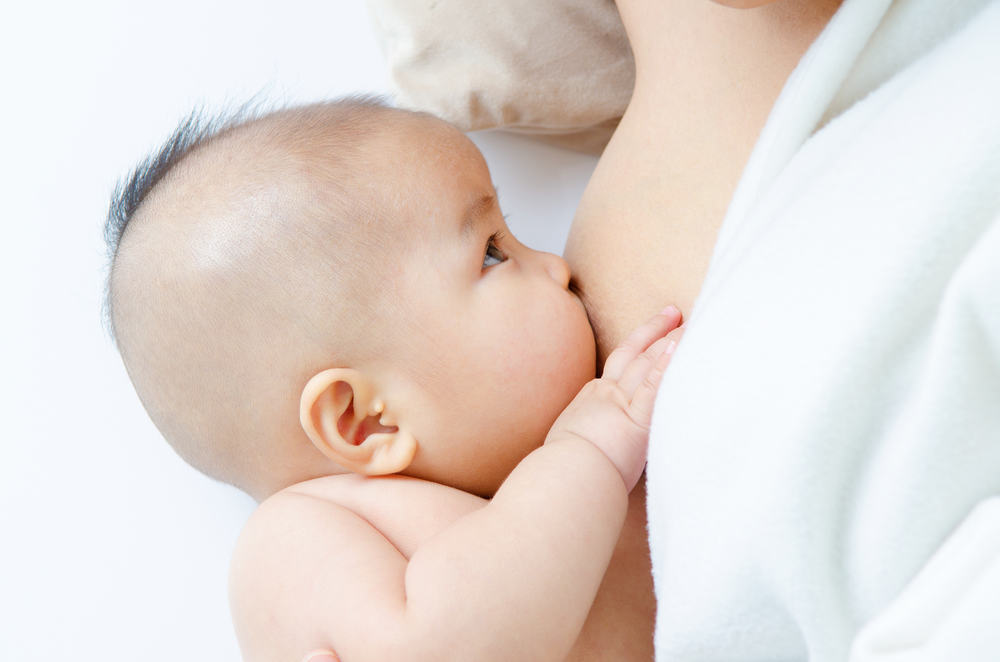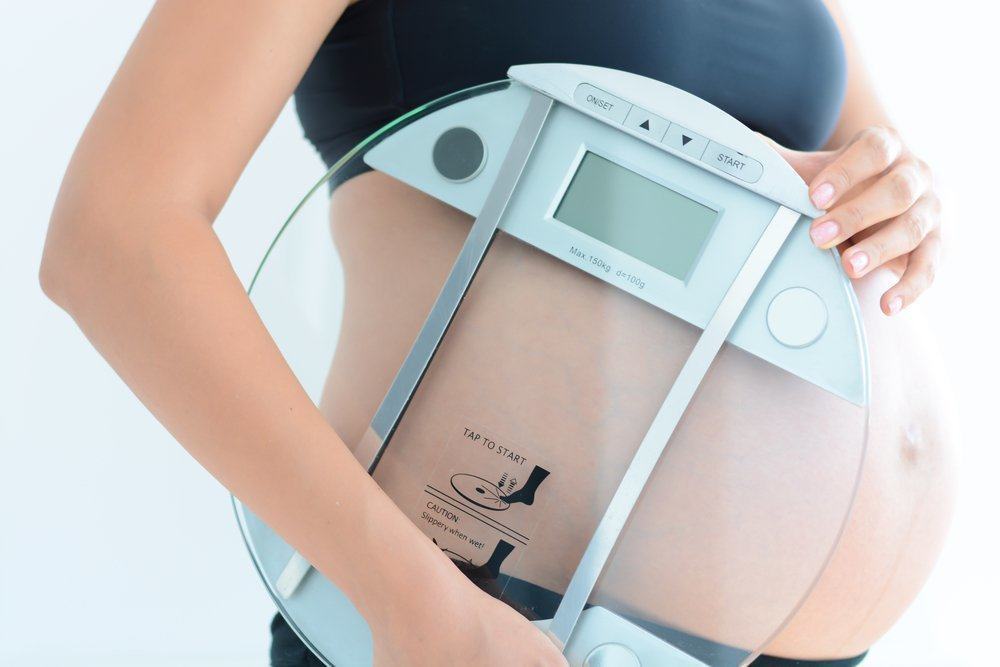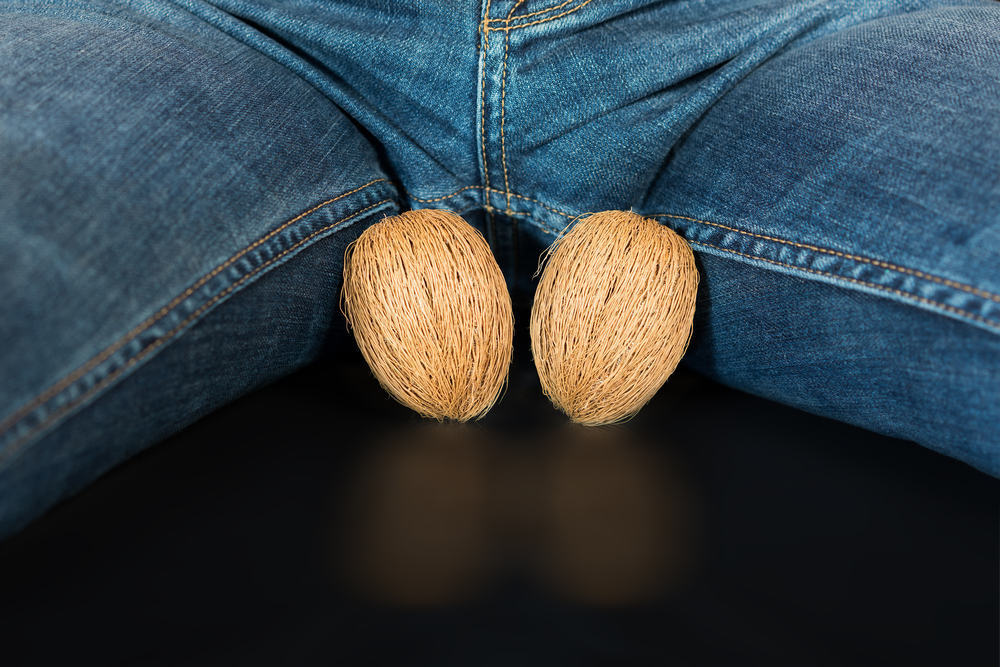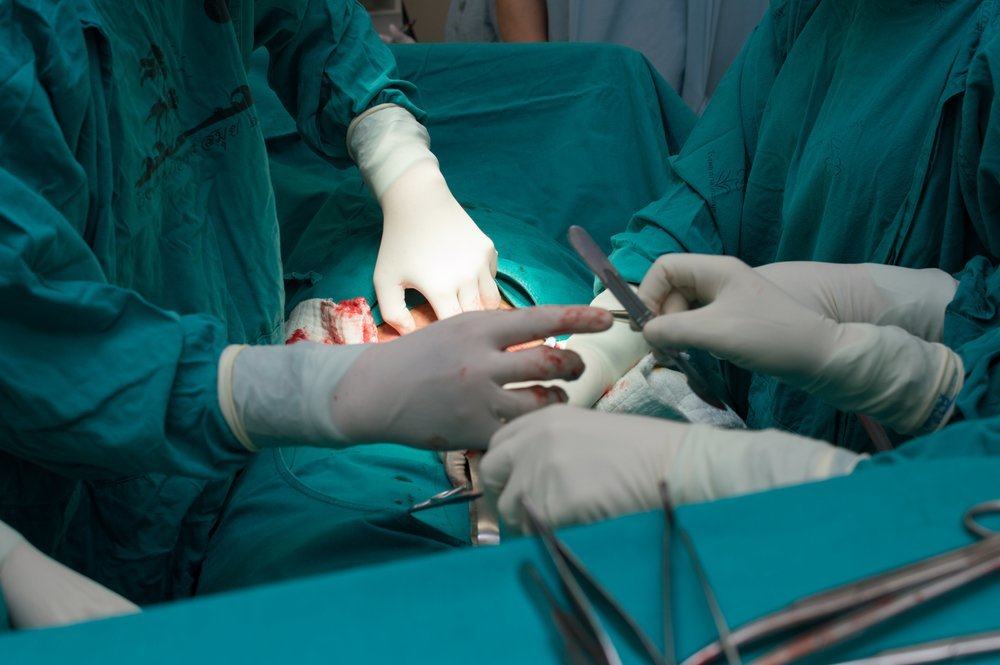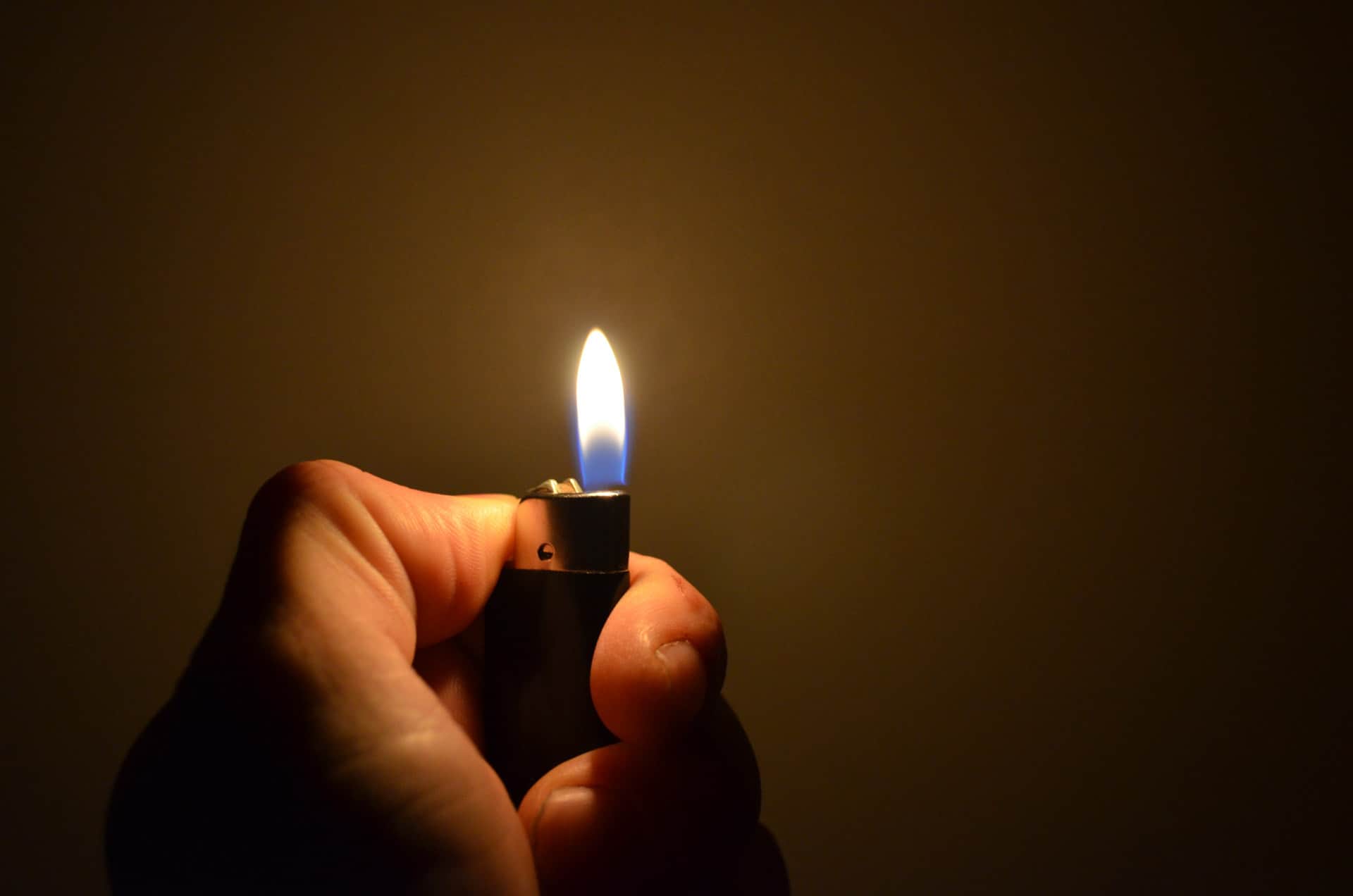Contents:
- Medical Video: Breastfeeding Intake Assessment - Part 1, How to know if a baby is drinking enough milk.
- Does breast size affect milk production?
- Factors that affect milk production
- What if the breasts remain small when breastfeeding?
- Tips for breastfeeding with small breasts
Medical Video: Breastfeeding Intake Assessment - Part 1, How to know if a baby is drinking enough milk.
Mother's breast is a place to produce milk. There are mammary glands that produce milk and channels that carry milk out of the breast. Many people assume that the larger the size of the breast can produce milk in large quantities, while those who have small breast size may produce less milk. This assumption can scare mothers who have small breast size, so think that the milk is not enough to meet the needs of the baby. Is that right?
Does breast size affect milk production?
In fact, breast size does not affect milk production. More breast size is determined by the fat tissue in it. However, this fat tissue does not affect the amount of breast milk produced by the breast at all.
Milk production is more dependent on the amount of mammary gland tissue, where the mammary gland is a place to produce and store breast milk. The amount of tissue that produces breast milk is determined during pregnancy. In fact, how much of the mammary gland tissue in the breast that grows during pregnancy can predict the ability of the breast to produce milk. Mammary glands have begun to produce breast milk during pregnancy in preparation for the birth of a baby. Approaching the time of delivery, your breasts will swell because they are filled with breast milk.
Factors that affect milk production
Whatever the size of your breasts, you can actually produce enough milk for your baby. Another thing that also greatly affects your milk production is how often the baby suckles and how much milk the baby sucks while breastfeeding. The more often the baby suckles in large quantities, of course the more the amount of milk that is produced again by the breast to replace the milk that has come out, and so on.
When the baby suckles, the hormone prolactin will stimulate the mammary glands in the breast to excrete milk and push it towards the milk ducts on the nipple and areola. Furthermore, when the baby sucks on the nipple of the mother's breast, the milk will come out. So, the more often your baby suckles, the more prolactin hormone is released by your body, so that more milk will come out.
Sometimes, a little milk production can also be caused by babies who do not stick properly to the nipples of the mother's breast. Even though the baby was breastfeeding for a long time, the milk she received was only a little, making the production of breast milk less.
For example, just like obese women who certainly have large breast size, but this is no guarantee that they can give a lot of milk to their babies. Sometimes, the mother's nipples that are too large can make it difficult for the baby to stick properly to your breasts, so that the baby cannot receive breast milk properly and the success of breastfeeding is low. Large breasts can also cause more fat cells in them compared to cells that produce milk, so milk production can be lower than other mothers.
From the example above, we can conclude that the success of breastfeeding is more determined by how many babies can receive breast milk from the mother's breast and how many cells produce breast milk in the mother's breast, not determined by the size of the mother's breast. So, for those of you who have small breasts, don't worry because this won't limit your ability to breastfeed.
What if the breasts remain small when breastfeeding?
If your breasts don't grow or change during pregnancy and remain soft or not hard after giving birth, you may experience a condition called glandular tissue insufficiency (insufficient glandular tissue / IGT). Mothers with IGT do not have enough mammary glands to produce a lot of milk, so there is a greater risk of experiencing breastfeeding failure.
Small breasts caused by breast surgery or a mastectomy, which involves removing breast tissue, can also limit milk production. In these conditions, it is very important to always monitor the baby's development and supply of milk if you still want to breastfeed your own baby. Providing supplementation to your baby while breastfeeding may be needed to still be able to provide enough nutrients to your baby.
Tips for breastfeeding with small breasts
The following are tips that you can do to still be able to breastfeed well, for those of you who have small breasts.
- Feed the baby in a position as comfortable as possible. This makes you more calm while breastfeeding, so your milk will come out more smoothly.
- When breastfeeding, hold your breast with the finger position like the letter V (index finger and middle finger flanking the mother's breast, such as scissors) compared to the finger position like the letter C (thumb is above the breast while the other four fingers are under the breast the letter V may be more comfortable for those of you who have small breasts.
- Make sure the baby suckles properly, at least the baby suckles every 2-3 hours or as much as 8-12 times per day. Or, it can also suckle the baby more often because the milk he receives every time he feeds is less.
- Monitor the development of your baby if he gets enough milk. If the baby gets enough milk, the baby will show signs, such as frequent urination and weight gain every month.
READ ALSO
- Is Breastfeeding Really Preventing Breast Cancer?
- Is It True That Your Milk Is Lacking Or Is It Just A Suggestion?
- 11 Benefits of breastfeeding with breast milk

